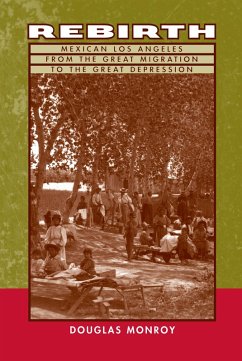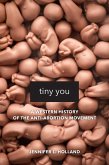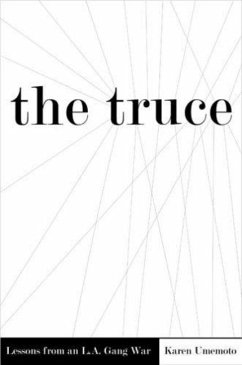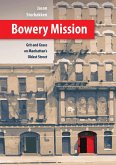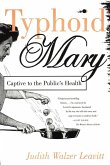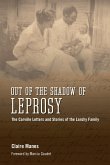This sweeping, vibrant narrative chronicles the history of the Mexican community in Los Angeles. Douglas Monroy unravels the dramatic, complex story of Mexican immigration to Los Angeles during the early decades of the twentieth century and shows how Mexican immigrants re-created their lives and their communities. Against the backdrop of this newly created cityscape, Rebirth explores pivotal aspects of Mexican Los Angeles during this time-its history, political economy, popular culture-and depicts the creation of a time and place unique in Californian and American history.
Mexican boxers, movie stars, politicians, workers, parents, and children, American popular culture and schools, and historical fervor on both sides of the border all come alive in this literary, jargon-free chronicle. In addition to the colorful unfolding of the social and cultural life of Mexican Los Angeles, Monroy tells a story of first-generation immigrants that provides important points of comparison for understanding other immigrant groups in the United States.
Monroy shows how the transmigration of space, culture, and reality from Mexico to Los Angeles became neither wholly American nor Mexican, but México de afuera, "Mexico outside," a place where new concerns and new lives emerged from what was both old and familiar. This extremely accessible work uncovers the human stories of a dynamic immigrant population and shows the emergence of a truly transnational history and culture. Rebirth provides an integral piece of Chicano history, as well as an important element of California urban history, with the rich, synthetic portrait it gives of Mexican Los Angeles.
This title is part of UC Press's Voices Revived program, which commemorates University of California Press's mission to seek out and cultivate the brightest minds and give them voice, reach, and impact. Drawing on a backlist dating to 1893, Voices Revived makes high-quality, peer-reviewed scholarship accessible once again using print-on-demand technology. This title was originally published in 1999.
This sweeping, vibrant narrative chronicles the history of the Mexican community in Los Angeles. Douglas Monroy unravels the dramatic, complex story of Mexican immigration to Los Angeles during the early decades of the twentieth century and shows how Mexi
Mexican boxers, movie stars, politicians, workers, parents, and children, American popular culture and schools, and historical fervor on both sides of the border all come alive in this literary, jargon-free chronicle. In addition to the colorful unfolding of the social and cultural life of Mexican Los Angeles, Monroy tells a story of first-generation immigrants that provides important points of comparison for understanding other immigrant groups in the United States.
Monroy shows how the transmigration of space, culture, and reality from Mexico to Los Angeles became neither wholly American nor Mexican, but México de afuera, "Mexico outside," a place where new concerns and new lives emerged from what was both old and familiar. This extremely accessible work uncovers the human stories of a dynamic immigrant population and shows the emergence of a truly transnational history and culture. Rebirth provides an integral piece of Chicano history, as well as an important element of California urban history, with the rich, synthetic portrait it gives of Mexican Los Angeles.
This title is part of UC Press's Voices Revived program, which commemorates University of California Press's mission to seek out and cultivate the brightest minds and give them voice, reach, and impact. Drawing on a backlist dating to 1893, Voices Revived makes high-quality, peer-reviewed scholarship accessible once again using print-on-demand technology. This title was originally published in 1999.
This sweeping, vibrant narrative chronicles the history of the Mexican community in Los Angeles. Douglas Monroy unravels the dramatic, complex story of Mexican immigration to Los Angeles during the early decades of the twentieth century and shows how Mexi
Dieser Download kann aus rechtlichen Gründen nur mit Rechnungsadresse in A, D ausgeliefert werden.

